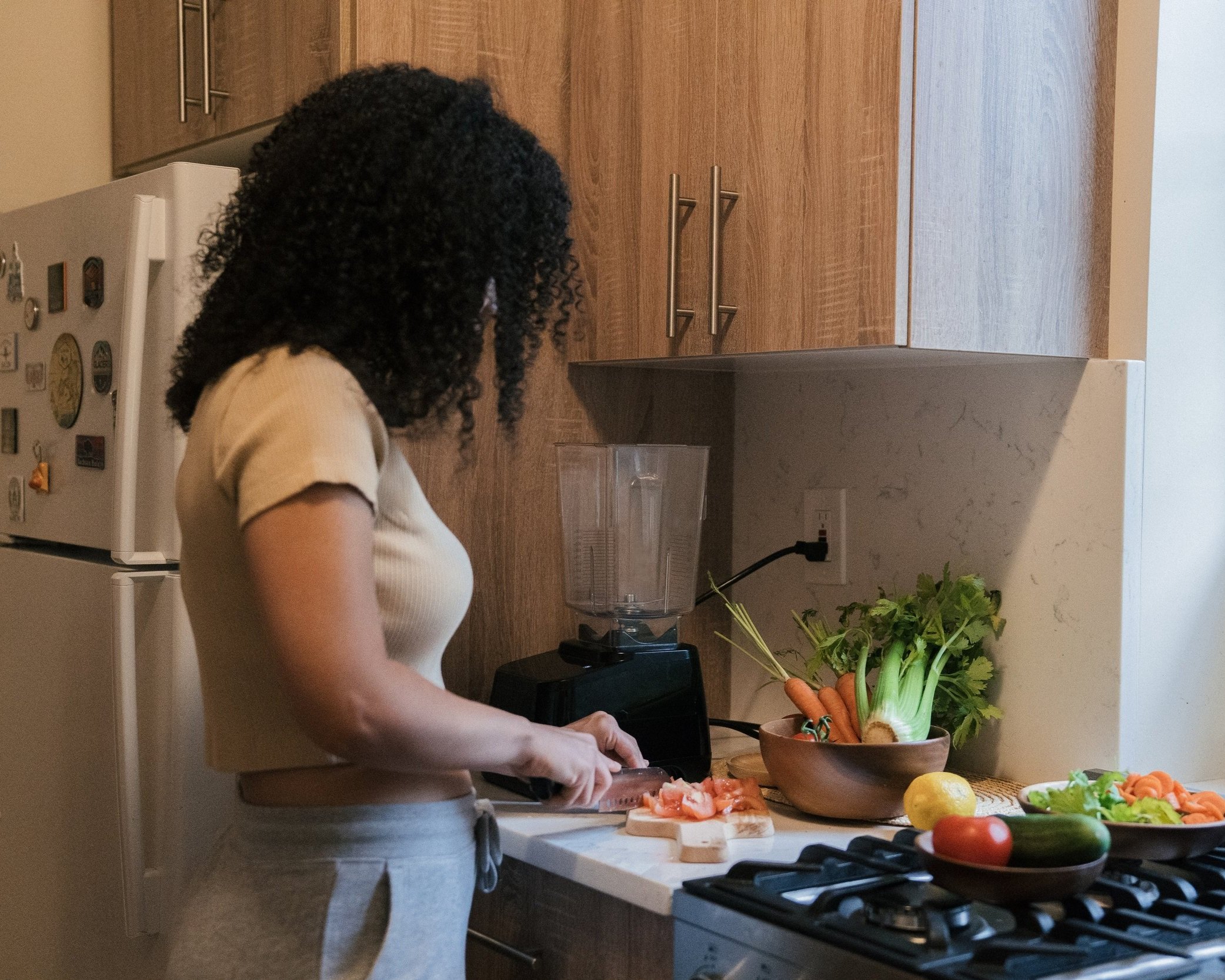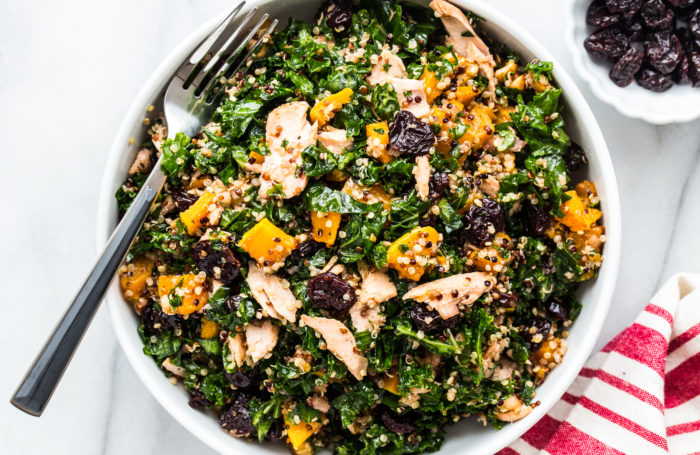How to Improve Your Relationship With Food

Everybody knows that eating a healthy diet is essential for living a healthy life. But many people have a complicated relationship with food. Whether you find yourself comfort eating to overcome stress or have lost interest in food, many different issues can arise from how and what you eat. For some people, food can dominate every part of their lives, with many of their thoughts centered around when and what to eat. Recognizing that you may have food-related issues is not always easy, and this is why many people get into the habit of yo-yo dieting. The problem with yo-yo dieting is that you get into the habit of obsessing about food, and you may lose weight by following the diet quickly but regain that weight and even more when you stop following the diet plan. But what is the alternative? Improving your relationship with food can make a significant difference in your life, but you may be wondering how to get started. Here are some tips to help you improve your relationship with food:
Get Cooking
Getting into the kitchen and cooking once again is an excellent way to reconnect with food in a positive way. Rediscovering some of your old favorite recipes and learning some healthy ones along the way will help you re-establish your relationship with food. Focusing on cooking meals that are nutritionally balanced and taste great should help you enjoy what you are eating without experiencing guilt. Learning how to boil chicken can be a real game-changer and will enable you to put together loads of delicious, healthy meals.
Sometimes getting back to basics and cooking from scratch can help you to appreciate home-cooked, healthy food and resist the temptation to eat junk foods and takeout each night.
Eat Mindfully
Mindfulness is probably something you have heard spoken about a lot. Mindfulness is often recommended as a way to help improve mental health and wellness. But mindfulness can also help you to improve your relationship with food.
Mindful eating involves paying close attention to what you are eating. When eating mindfully, you will eat intentionally, noticing the smell, texture, and flavor of what you are eating. Paying attention in the moment to the food you are eating makes a big difference in how much you eat and your food choices. It may take a while to adjust to mindful eating, but once you start, it should become a habit pretty quickly.
Talk it Through
Trying to unpick a lifetime of eating habits alone can be tough. If you have gotten used to eating in a certain way and are in the habit of making food choices that make you unhappy, it can be hard to challenge these. If you feel this way, you may find it helpful to talk things through and get some extra help. Discussing your relationship with food with a therapist can be the best way to move forward and make changes. Having that extra support could be just what you need.
The Black Texas Team works diligently to bring our audience valuable and insightful content from perspective you can trust. These may include press releases, sponsored content, or links that we may earn commission from through your support.





